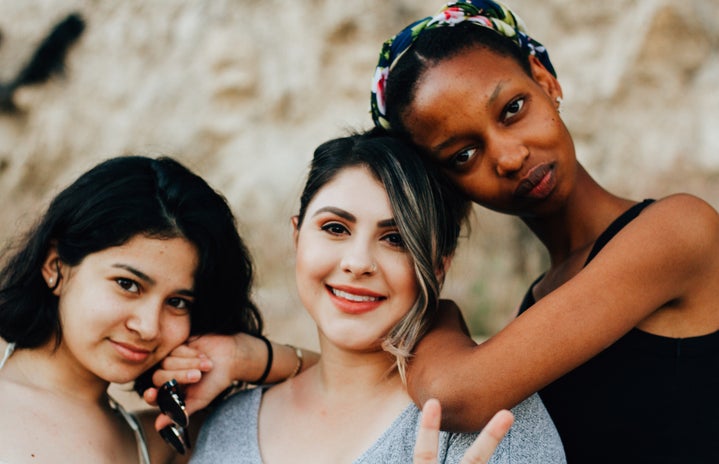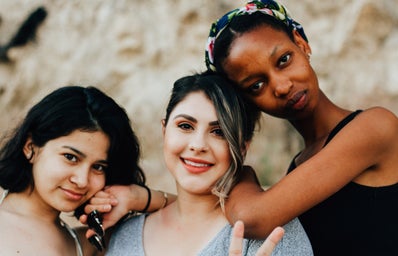Getting academic experience through travel is every undergrad’s dream. But, with exchanges being so expensive and the pressure to graduate in four years, most students don’t get the chance to travel abroad for academic purposes during their university career.
According to the province of Ontario, ‘experiential learning’ can be defined as the “application of theory and academic content to real-world experiences, either within the classroom, the community, or the workplace, which advances program or course-based learning outcomes that are specifically focused on employability skills.”
In other words, it’s the chance for students to get hands on experience relating to a class they are taking and though that, have a chance to physically interact with the material.
Fifty-six per cent of universities offer some kind of experiential learning program, according to Universities Canada, but these programs are usually limited and highly competitive. There are very few opportunities to participate in experiential learning where travel is involved. Co-op placements and internships of course are an option, but a chance to travel for a certain amount of time with classmates and have a learning experience is limited.
Carleton does offer quite a few different programs that offer these opportunities through the Student Experience Office (SEO). I have personally been involved with the Alternative Spring Break program for two years and it has honestly changed my perspectives on not only school, but what I want to pursue as a career.
I am a strong believer if we want to learn and connect to material, we must be there with people who can show-and-tell first hand. Sitting in a classroom going over endless PowerPoint slides becomes a horrid reality for many students in university and college. Although learning is still happening, students are getting no real-life experience from it.
These programs offer alternatives that suit all different types of learners and offers an interactive experience that is truly hard to forget. Even if it’s just a one-day trip to a science lab, a chance to go to a stock market exchange plaza to see how the busy business world works or a course that offers students the chance to get in-depth with a subject, the results surpass the classroom environment.
Expenses are always an issue as well, as students are consistently struggling with finances (which is also about to get worse in the upcoming years), but one solution is the faculties step in and assist. These once-in-a-lifetime opportunities provide the chance to develop skills that sitting in a classroom typing notes doesn’t provide. You can read about your course in a textbook and forget about all about it as soon as your exam or final assignment is over, but once you live it, those memories will never be lost. Whether it be fundraising or partnering up with institutions that reflect the program, these have the capacity to be great dual-learning programs where employers can see what students are learning in academic institutions, and for students to know what to expect in the world after university.
Enabling students to become the best versions of themselves is something all universities should strive for. Our four years at university should be as memorable as they can be. Addressing the gaps in academic curriculums and ensuring different learner needs are met will only enhance the experiences we have within these short four or five years. These experiences help create lasting friendships, ensure students understand and implement course material on a new level, and produces a passion for the degrees we are pursuing.



